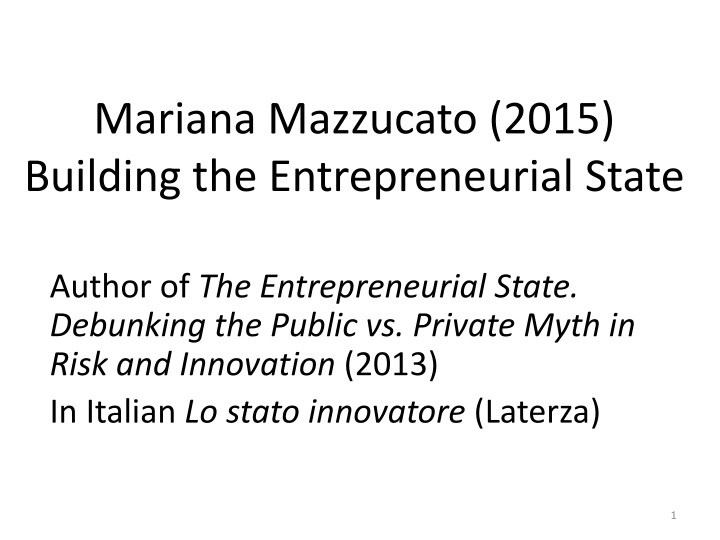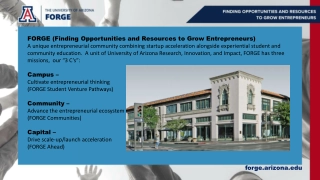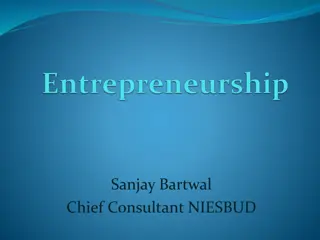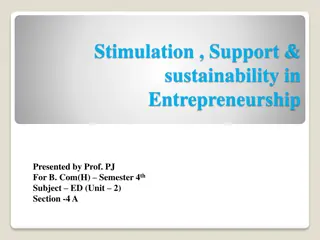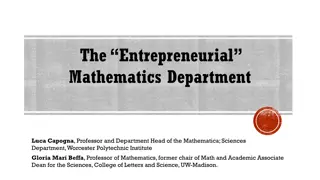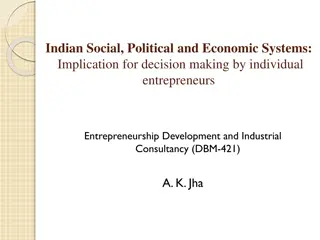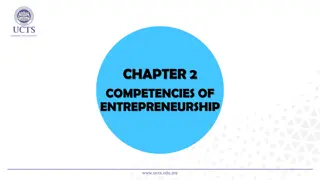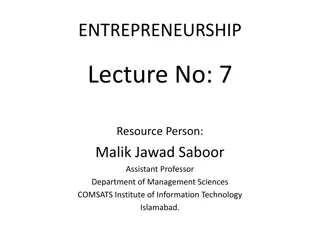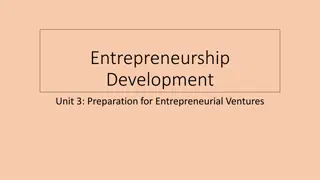Building the Entrepreneurial State
Mariana Mazzucato challenges conventional notions of public vs. private roles in innovation and risk. Her book delves into the vital role of the state in fostering entrepreneurship and driving innovation. Through detailed analysis and compelling arguments, Mazzucato offers a fresh perspective on how the state contributes to shaping dynamic economies and propelling technological advancements.
Download Presentation

Please find below an Image/Link to download the presentation.
The content on the website is provided AS IS for your information and personal use only. It may not be sold, licensed, or shared on other websites without obtaining consent from the author.If you encounter any issues during the download, it is possible that the publisher has removed the file from their server.
You are allowed to download the files provided on this website for personal or commercial use, subject to the condition that they are used lawfully. All files are the property of their respective owners.
The content on the website is provided AS IS for your information and personal use only. It may not be sold, licensed, or shared on other websites without obtaining consent from the author.
E N D
Presentation Transcript
Mariana Mazzucato (2015) Building the Entrepreneurial State Author of The Entrepreneurial State. Debunking the Public vs. Private Myth in Risk and Innovation (2013) In Italian Lo stato innovatore (Laterza) 1
An entrepreneurial state must think big welcome, rather than fear, the high risk and uncertainty across the entire innovation chain (from basic research to commercialization) carry out experimentation processes required for organizational learning create markets rather than simply fix them (in presence of market failures) 2
BEYOND MARKET FAILURES: What type of risk? The Schumpeterian entrepreneur Frank Knight concept of entrepreneurship Entrepreneurial risk-taking is not just risky, it is highly 'uncertain'. Knight (1921) Risk, Uncertainty and Profit distinguished risk from uncertainty in the following way: "The practical difference between the two categories, risk and uncertainty, is that in the former the distribution of the outcome in a group of instances is known... While in the case of uncertainty that is not true, the reason being in general that it is impossible to form a group of instances, because the situation dealt with is in a high degree unique. 4
Keynes J.M. (1936) The General Theory of Employment, Interest and Money "By uncertain knowledge, let me explain, I do not mean merely to distinguish what is known for certain from what is only probable. The game of roulette is not subject, in this sense, to uncertainty... The sense in which I am using the term is that in which the prospect of a European war is uncertain, or the price of copper and the rate of interest twenty years hence, or the obsolescence of a new invention... About these matters there is no scientific basis on which to form any calculable probability whatever. We simply do not know!" 5
Investment in basic research is a typical example of market failure (the market alone would not produce enough basic research, so the government must intervene; see William Press paper) Mission oriented R&D: identification of specific structures, institutions and incentives Being the source of most radical path-breaking types of innovation, the state has not just fixed markets but actively create them 6
SOME EXAMPLES Private companies have mainly invested in less risky variations of existing drugs, while state- funded labs have invested in the most risky (uncertain) phases Every technology that makes the iPhone smart (Internet, GPS, touch-screen display, ) was publicly funded directly, In the IT revolution, and even in the emerging clean-tech revolution, government not only funded the actual technologies, but also provided early-stage funding to companies that risk-averse private finance would not, and devised special tax credits 7
Government failures and experimentation The state is poor at targeting particular technologies and picking winners because it lacks the capability, information and incentives. Politicians and bureaucrats are bad managers lacking the discipline provided by markets In order to promote transformation of the economy, the state must organize itself so that it has the intelligence to think big and formulate ambitious policies This does not mean it will always succeed; indeed the underlying uncertainty in the innovation process means that the state will often fail Institutional structure ensuring that winning policies will provide enough rewards to cover the losses, and that losses are used as learning cases to improve and renew future policies 8
Risks and rewards from innovation Government returns from its risk-taking investment: higher tax receipts resulting from higher economic growth Are these indirect returns enough? Is it right that, in the US, the National Science Foundation did not reap any financial return from funding the grant that produced the algorithm that led to Google s search engine? A government should explore whether it is possible to own some of the value it has created, which over time could generate higher value and reinvested into growth-enhancing activities 9
